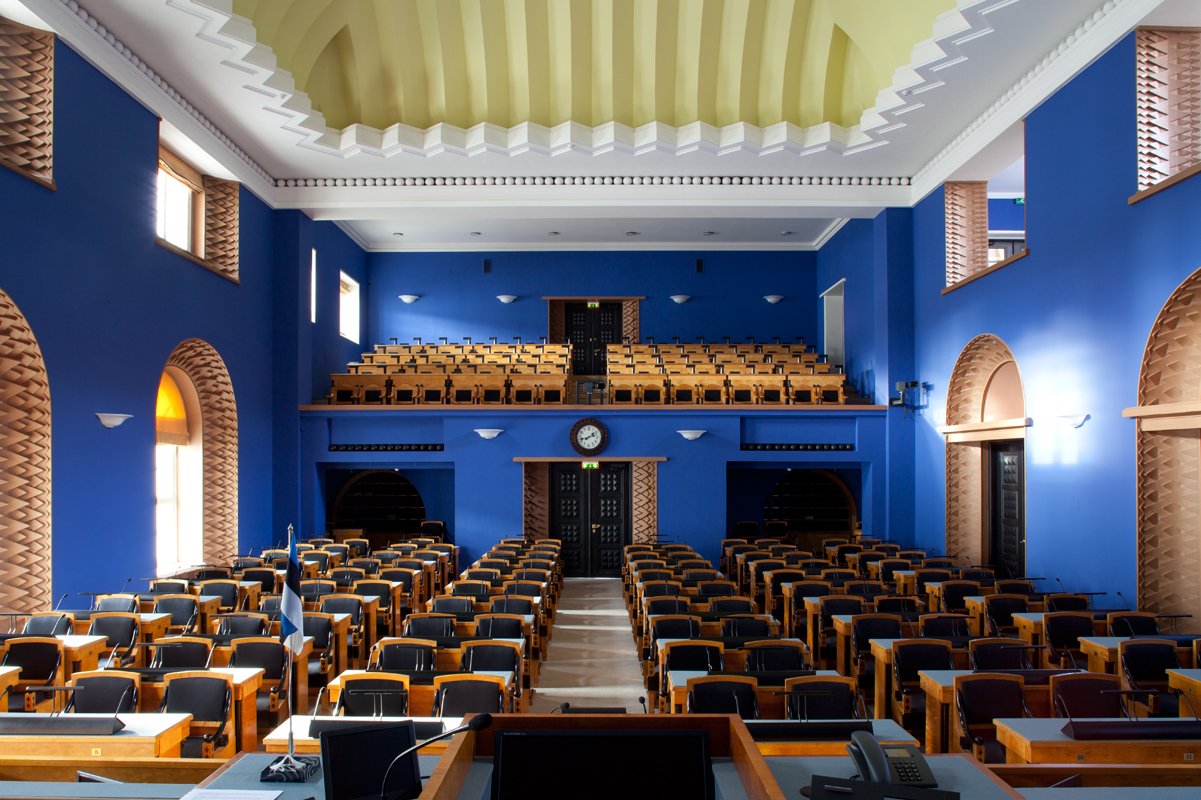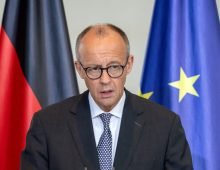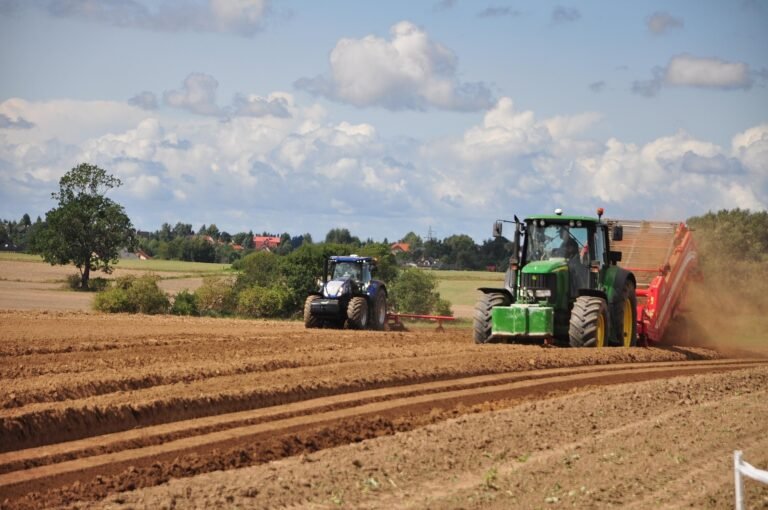The European Union affairs committee of the Estonian parliament at a sitting on Monday supported lowering the voting age in both Riigikogu and European Parliament elections.
The committee confirmed Estonia’s positions for the session of the Education, Youth, Culture and Sport Council of the European Union, spokespeople for the Riigikogu said.
The committee believes that young people should be more involved in policy-making than before and therefore young people aged 16 and 17 could also have the right to vote in the Riigikogu and European Parliament elections.
Committee member Kristo Enn Vaga stressed that EU initiatives have a long-term impact, so it makes sense that young people, who will be affected by the adopted decisions, can have a say in shaping these decisions.
“Greater involvement of young people in the decision-making process of the European Union by lowering the voting age will give us a more innovative and bolder union in the future, which, for example, promotes economic growth through sustainable development and greater digitalization,” Vaga said.
He added that in the case of the European Parliament elections, lowering the voting age is much easier, as it only requires an amendment to the law, while lowering the voting age in the Riigikogu elections requires amending the Constitution.
According to Estonia’s position, it is important to support the civic participation of all young people and to protect their rights at the local, national and European Union level. Estonia’s position also is that it would help to strengthen the role of young people in the decision-making process if 16- and 17-year-olds could participate in the Riigikogu and European Parliament elections.
Estonia also believes that it is important to systematically involve young people from different backgrounds in policy-making. It is also emphasized that when evaluating the impact of new EU initiatives, youth interest groups must be taken into account and efforts must be made to ensure that the instruments of better legislation take into account the widest possible target group, including young people with fewer opportunities.
The committee decided to confirm Estonia’s positions in an amended form for the session of the Education, Youth, Culture and Sport Council in Brussels on Thursday. The committee added the principle that a consensus is sought within the country so that young people can elect members of the European Parliament in addition to MPs of the Riigikogu.
Source: BNS
(Reproduction of BNS information in mass media and other websites without written consent of BNS is prohibited.)






















